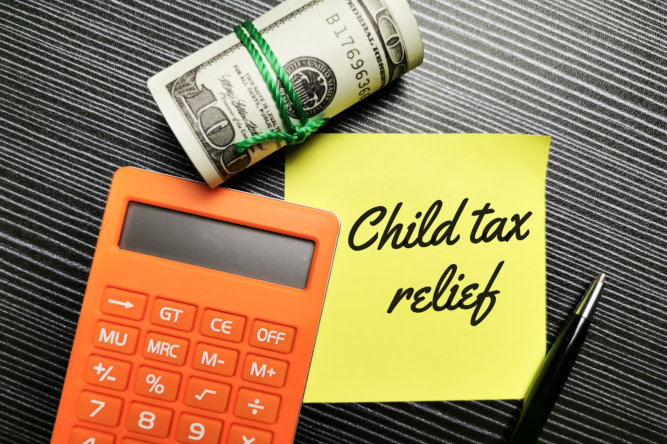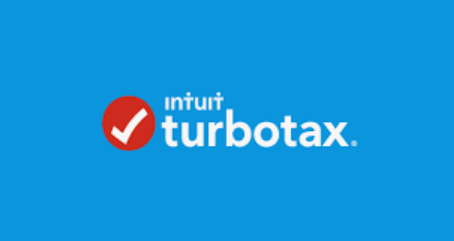
Category Archives: Uncategorized

Third (3rd) Stimulus Check – 2022 May Be Your Last Chance
This is your MONEY. You are entitle to this. If you did not get ALL your Economic Impact Payment Checks, i.e. STIMULUS, GIVE US A CALL. If you did get some, CALL US. Based on what we are hearing and seeing, this tax filing season maybe an...
Read More ›
Who Should File A Tax Return
The Internal Revenue Service (IRS) Publication 17 spells out the requirements for filing. Generally, if you are a U.S. citizen or resident, whether you must file a return depends on three factors. Your gross income. Your filing...
Read More ›
IRS Contact Numbers
Like everyone else, contacting the IRS is in itself a daunting task. First, just getting through is a challenge, Second, you get frustrated because you are unable to get live support. Third, if your call get through, you most...
Read More ›
The IRS letter 6419 Child Tax Credit (CTC)
The IRS letter 6419 is the official documentation that has the details to be reported for a taxpayer’s advance Child Tax Credit (CTC) payments. This letter will provide: Total amount of advance CTC payments received for 2021; this...
Read More ›
Offer-In-Compromise (OIC) How to Settle Debt with the IRS
Offer In Compromise (OIC).You can make an Offer In Compromise to the IRS yourself by completing one of the forms below. We can help you complete these forms. We charge a fee for our services. How to Complete Form 433-A (OIC). How to Complete Form...
Read More ›
Turbotax vs Tax Preparation Services
Intuit Corporation, whose stock symbol NASDAQ: INTU maker of Turbotax and QuickBooks have perhaps the best software on the market. They are the market leader. Approximately four (4) million people use Turbotax to prepare their Income Tax...
Read More ›

